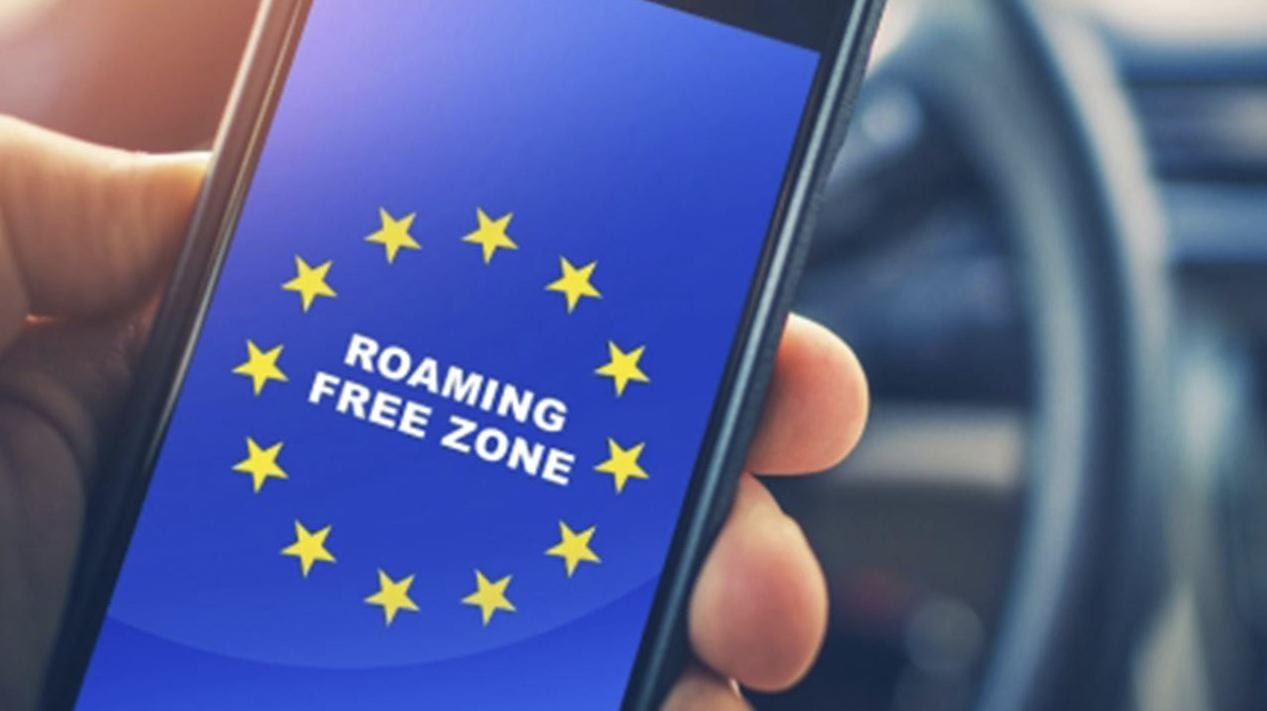The European Council gave its final approval: the regime of roaming at national rate it will be extended until 2032. Users can continue to call, text and surf the web at no extra cost while traveling to other EU countries.
In fact, the EU has approved other 10 years of free roaming for all residents of the European Union.
The policy of zero roaming they came into effect in June 2017, with an original deadline of June 2022. Before 2017, traveling abroad often entailed prohibitive costs for mobile phone users: it was necessary to pay a (very expensive) extra for all services, from calls to internet. Each operator arbitrarily determined the roaming costs and the costs could amount to several tens of euros for a few GB of data traffic. In short, a madness that fortunately belongs to the past.
Now it’s official: the advantageous conditions guaranteed by the European institutions have been extended for at least ten years. Users can continue to travel throughout the EU by always paying the amount indicated in the offer signed in the country of residence, without annoying surcharges. Zero roaming actually.
The issue of wholesale rates
The renewal operation was not easy, the most complicated knot of the strand to untangle was the so-called wholesale rates – ie the tariffs that operators apply to each other to ensure that their users can call and use the internet using the infrastructures and services of other operators.
In other words, if you have Tim and are traveling to Austria, your operator will have to pay a local company to let you keep calling, texting and surfing the web. This cost was once charged to the customer, with an extremely expensive extra.
The legislator cannot confidently touch wholesale tariffs because there is a risk of major imbalances developing. Think of the operators operating in countries with a strong tourism vocation, who can easily recover the amount spent for their customers who travel abroad. For example, roaming activities generally have a positive balance for operators in Italy and France, while countries less popular with mass tourism, such as Scandinavia, generally have a negative balance.
Virtual operators, who have no physical infrastructure of their own, deserve a separate chapter. In other words, every time the European legislator has to intervene to guarantee zero roaming, it must also necessarily put its hand against wholesale tariff ceilings, with the arduous task of getting all the players in the sector to agree.
The new wholesale rate caps:
In this regard, the Commission has promised that it will continue to monitor the evolution of the situation and may present new legislative proposals to regulate wholesale tariff ceilings and other aspects of the roaming market.
Source: Lega Nerd











